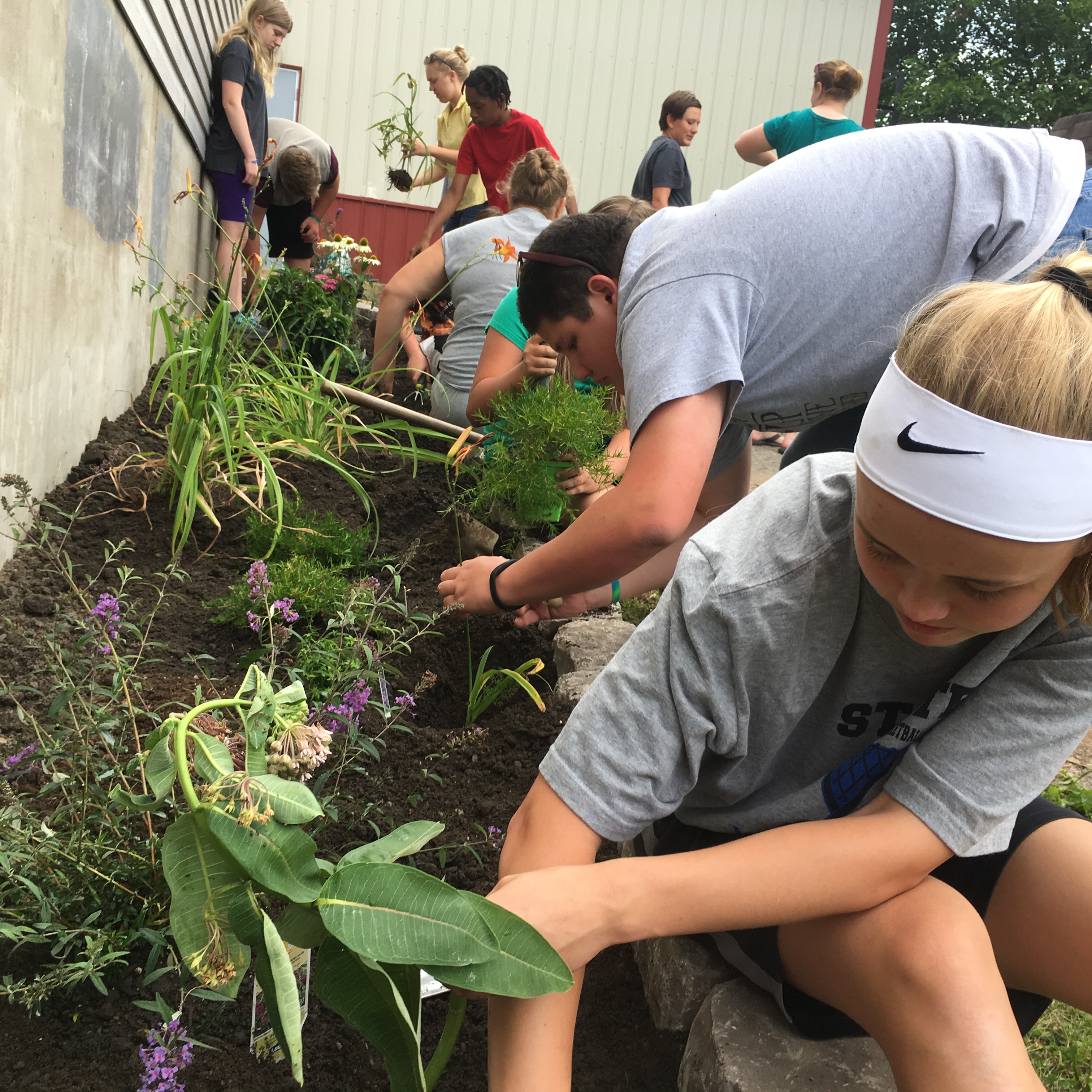The NOAA Office of Education is collaborating with the U.S. Department of Education and the North American Association for Environmental Education (NAAEE) to implement the Watershed STEM Education Partnership program. This program is a part of U.S. Department of Education’s interagency initiative designed to integrate high-quality STEM programming into Nita M. Lowey 21st Century Community Learning Centers (21st CCLC) program sites.

The 21st CCLC program is the largest out-of-school program in the nation, serving over 1.5 million students in all 50 states. 21st CCLCs provide academic enrichment opportunities during out-of-school time for children, particularly students who attend high-poverty and low-performing schools. Under this partnership, competitive grants issued by NAAEE enabled experienced environmental education providers to work with 21st CCLC sites to deliver authentic STEM experiences emphasizing the unique assets and expertise of NOAA. Out-of-school programs like these encourage student interest in learning and engage students who might not otherwise have the opportunity to participate in STEM activities.
Watershed STEM Education projects use the NOAA Bay Watershed Education and Training (B-WET) program’s Meaningful Watershed Educational Experiences (MWEE) model. MWEEs incorporate multi-stage learning both outdoors and in the classroom and aim to increase participants’ understanding and stewardship of watersheds and related ecosystems.
Evaluation of the most recent round of program implementation found the following:
- Youth responded positively to activities that were different from more typical out of school time experiences — namely being outdoors and engaging in active, hands-on activities.
- Given the realities of many 21st CCLC settings, environmental education organizations and 21st CCLC staff adapted the MWEE framework to meet the needs of 21st CCLC sites.
- Environmental education organization staff and 21st CLCC staff leaned into each other’s expertise to create programs and developed skills and expertise through participation:
- 85% of environmental education organization staff respondents increased their organization’s capacity to implement environmental education programming in the 21st CCLC context.
- 77% of environmental education organization staff respondents increased their confidence to incorporate MWEEs into the afterschool context.
- 94% of 21st CCLC staff respondents increased their 21st CCLC site capacity to implement environmental education programming.
- 94% of 21st CCLC staff respondents increased their awareness of NOAA resources that can be used in instruction with youth.
- Despite the differences in 21st CCLC sites and the challenge of the COVID-19 pandemic, environmental education organizations and 21st CCLCs created partnerships and expressed interest in continuing to work together.
Read more on NAAEE's website offsite link. For more information, please contact Bronwen Rice, bronwen.rice@noaa.gov.
Resources:- You for Youth partnership page offsite link: an online professional learning community that provides resources for afterschool educators, supported by the U.S. Department of Education.
- 2020-2022 Watershed STEM program, in partnership with the NAAEE:
- Watershed STEM program home page offsite link includes grantee blogs, spotlights, evaluation results
- 2020 program news story
- 2020-2022 program evaluation report executive summary offsite link
- 2017 pilot program, in partnership with the National Marine Sanctuary Foundation:


